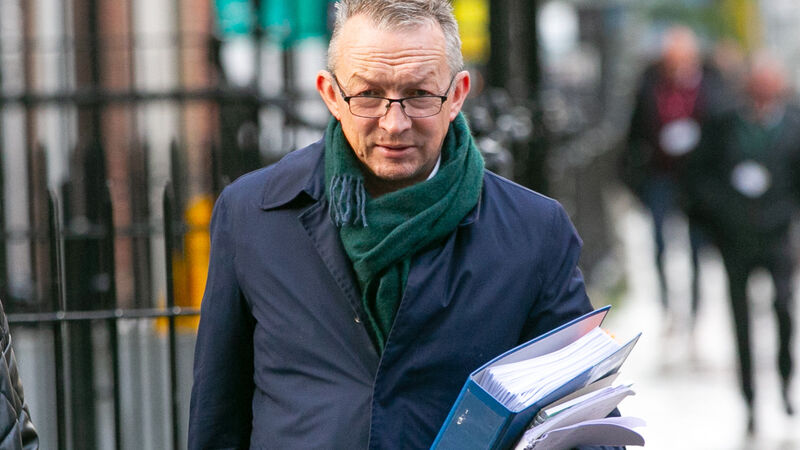Flu cases expected to peak this week putting significant pressure on hospitals

HSE chief clinical officer Dr Colm Henry shared data from last winter showing pressures on hospitals for weeks after virus cases peaked.
Flu cases are expected to peak in the coming days, with about 800 hospital patients expected each week with this virus alone, the HSE has warned.
These high numbers are expected to cause significant pressures for hospitals for some weeks after the peak.










